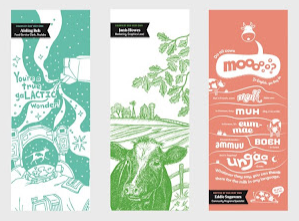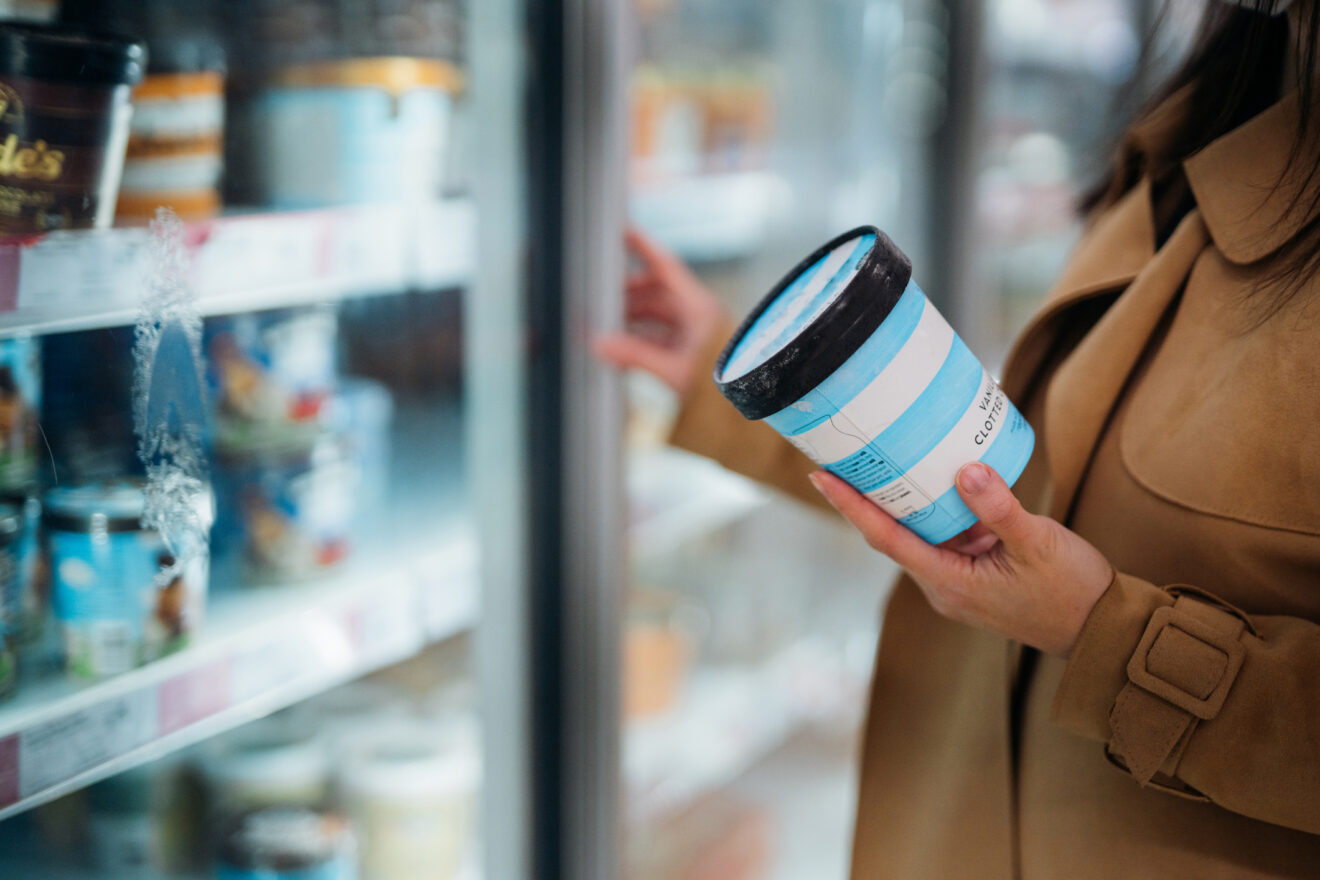Store brands. Own brands. Private-label brands. However food retailers refer to their own lines of product offerings, they are anything but generic, and, bolstered by a number of factors, they are enjoying their time in the spotlight.
While many food retailers were already investing more in their private-label products prior to 2020, the pandemic, supply chain issues, inflation and the Ukraine war have combined to create unprecedented consumer demand for the products.
“There has been a significant spike in consumer interest in private/store brands as shoppers look for ways to stretch their grocery dollar further,” said Andy Harig, vice president of tax, trade, sustainability and policy development for FMI – the Food Industry Association.
In an FMI survey, 41% of shoppers said they’ve purchased more private brands since 2020, with 30% citing higher grocery prices as the reason for doing so. And while 55% of consumers said they buy store brands because they’re less expensive, 63% reported that these products offer good value. The switch to private brands could be permanent for many people, with 73% of consumers saying they intend to keep buying them even after inflation eases and only 9% saying they will switch back when the economy improves, according to an Attest study.
“This momentum is expected to continue in 2023, as nearly 77% of consumers who are already purchasing private/store brands say that they expect to purchase even more in the future,” Harig said.
In fact, according to FMI’s 2022 Power of Private Brands report, private-label products had an 18.2% dollar share in 2022 and food retailers are aiming to increase that to 22.6% within the next two years with innovation in the category as their No, 1 strategy to meet that goal. However, every retailer has a different approach to private brands, said Rick Stein, vice president of fresh foods for FMI.
“We’ve seen private brands over the last two decades really evolve into what they call consumer brands,” Stein said. “Quite often as a customer walks through the store, they don’t even know they’re buying the private brand. They think it’s a brand. And so the quality of private brands has improved, and they’re still able to keep that price differentiation.”
Though overall private label sales have seen a significant increase in recent years, there are some categories that are performing exceptionally well, according to Cal Poly Associate Professor of Agribusiness Ricky Volpe.
“There’s a long standing dynamic for private label we call private label penetration – private label share of sales within product categories,” Volpe explained. “And there’s a long-standing dynamic that states that private label sales penetration is sort of inversely correlated to the degree of differentiation in product categories. So historically speaking, this helps to explain why private-label milk is very, very successful because milk is a fairly homogenous product category. Whereas private label frozen pizza is a category that faces challenges because that’s a highly differentiated value-added category.”
However, that is a dynamic that is changing, Volpe said, as food retailers are infiltrating more product categories with private brands.
“We have this baseline where the highest levels of private-label success are happening in products that are currently in product categories with a relatively low amount of differentiated and value add, but the fastest growth and penetration is happening in these categories with a high level of differentiation – one of which is ice cream, for example,” Volpe explained. “Ice cream is a category where we’re seeing huge private-label growth because a lot of retailers across the nation are making investments in pint-sized and gallon-sized ice creams that are vertically integrated, made in-house, have proprietary recipes and are directly competitive with these national brands that we know of. But the growth is so dramatic because historically up to the 90s and into the 00s, that’s a category where private-label ice cream has really struggled up against the sort of name brands. (But) that dynamic is changing quickly, resulting in really fast growth.”
Grocers are also increasingly incorporating consumer interests and concerns – such as sustainability and value – into private-label offerings.
Here are five innovative private-label products new to the market that are making waves with consumers.
Creative packaging: Town & Country Markets’ EveryDay milk varieties

Town & Country Markets’ six new EveryDay private-label milk varieties come in cartons featuring artwork by Town & Country employees. Winning entries were selected based on the criteria of their “tie-in with milk, appropriateness of content and overall awesomeness.”
“We’re thrilled to connect our employees to this project, inviting everyone to tap into their creative spirit and have their artwork be shared in the markets,” said Town & Country director Susan Allen. “It’s been a lot of fun to see what everyone created.”
Sustainably focused: Natural Grocers’ canned seafood line
Natural Grocers added canned seafood products to its premium private-label lineup, including albacore and skipjack tuna, wild pink salmon and two types of wild sardines.
“In addition to prioritizing wild-caught and sustainably harvested fish and seafood, our vendor partners with small-scale fisheries, using practices that protect juvenile fish and unintended species from harvest,” said Natural Grocers Vice President of Marketing Raquel Isely.
Extra value-focused: Kroger’s Smart Way line
Fueled by a 10.2% increase in private-brand sales for the second quarter of 2022, Kroger launched a value-priced private-label brand called Smart Way.
“By adding a simplified opening price point brand strategy to Our Brands portfolio, we will further cater to every customer, every time,” said Stuart Aitken, senior vice president and chief merchant and marketing officer.
Private-label luxury: Albertsons’ Vinafore Collection of private-label wines

Albertsons added five new varietals to its private-label wine collection ahead of the holidays. The Vinafore Collection features a 2021 Vinafore Napa Valley Chardonnay, 2020 Cotes du Rhone Villages, 2020 Alexander Valley Cabernet Sauvignon, 2021 Sonoma Coast Pinot Noir and 2021 Sonoma County Sauvignon Blanc.
Innovations in ice cream: Weis Markets Weis By Nature
Weis Markets debuted a Weis By Nature ice cream line that is made in the retailer’s Sunbury, Pa., creamery. The 11 new ice creams are all free of GMOs, artificial flavors, colors and preservatives and are value-priced at just $3.99 per 48 oz. tub.
“Our Weis By Nature ice cream is a premium product made with all-natural ingredients. It also offers excellent quality at a great price,” said Weis Markets Director of Private Brands Alison Gregas.
Read more like this from SmartBrief:
- Why consumers are reaching for the avocado oil
- Health and wellness space is a world of opportunities
- Beverage pros weigh in on the alcohol-free beverage trend
